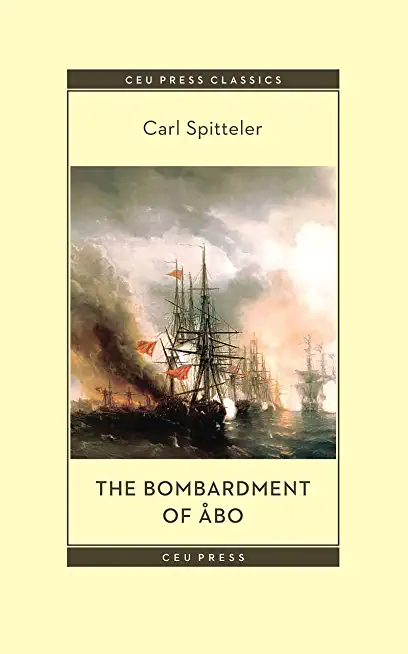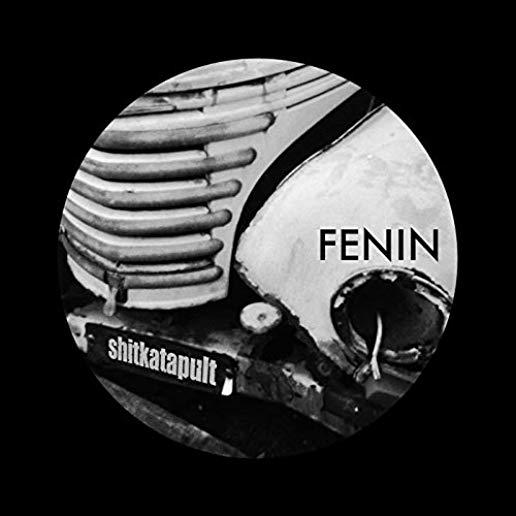
Spitteler, Carl
This farcical tale tells how the British bombing of a Finnish port city changes the life of the Russian governor, his wife, their cook, and the cook's Finnish fiancé. The story takes place during a Nordic offshoot of the Crimean conflict, known as the Åland War, in which a British-French naval force attacked military and civilian facilities on the coast of the Grand Duchy of Finland in 1854-1856. The location of the novella is Åbo, today's Turku, where soldiers in the Russian garrison enjoy life, Cossacks dance and drink, and the governor's wife is preoccupied about her cook's marriage to a local lad, against which the governor and the English admiral devise a plot.
After studies in Swiss and German universities, Carl Spitteler worked in Russia between 1871 and 1879 as the private tutor in the family of a Finnish general. In the process he came to know Finnish and Baltic noble families in Saint Petersburg and Finland. He published this story in 1889, and went on to become, in 1919, the first Swiss winner of the Nobel Prize for literature. The Bombardment of Ã…bo is an ironic Western gaze on life and culture in the Tsarist Empire. Spitteler's deeply held pacifism breaks through his otherwise sarcastic description of the characters and episodes in the novella.







